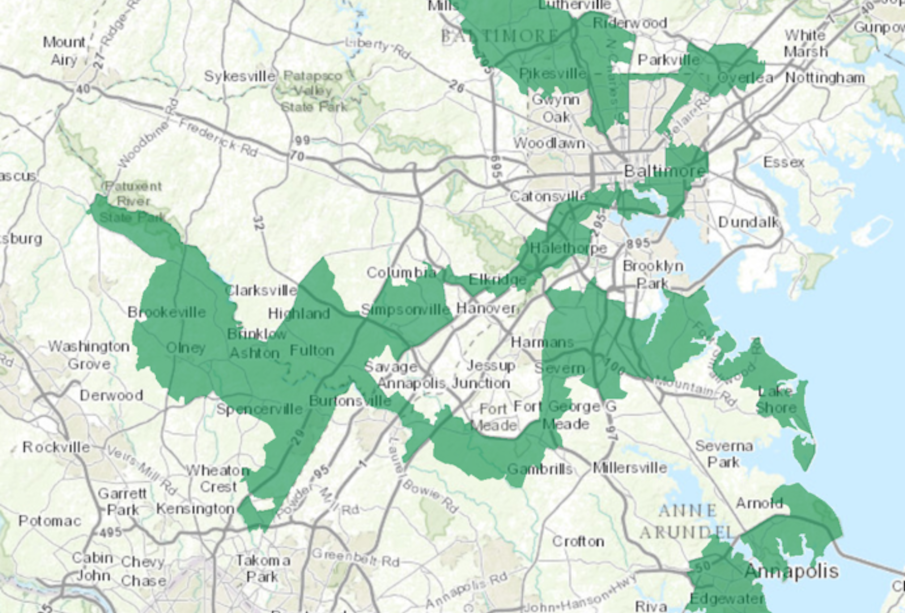Exploring the Impact of Gerrymandering on Elections

Introduction to Gerrymandering
Gerrymandering is a term that refers to the manipulation of electoral district boundaries to favour a particular political party or group. This practice has significant implications for democracy, as it can distort electoral outcomes and reduce the representation of certain populations. With recent elections in both the US and UK demonstrating the effects of gerrymandering, understanding its mechanisms and consequences is more important than ever.
The Mechanics of Gerrymandering
Gerrymandering occurs when political leaders redraw district lines in a way that skews representation. This can be achieved through two main tactics: packing and cracking. Packing involves concentrating opposition voters into a single district to minimise their influence in surrounding districts. Cracking, on the other hand, spreads opposition voters across multiple districts to dilute their voting power. These strategies result in districts that often look irregular and disconnected, designed not for geographical or demographic representation but for political advantage.
Recent Developments
In recent years, gerrymandering has received increased attention from both the public and lawmakers. For instance, in the United States, the Supreme Court has deliberated on cases challenging partisan gerrymandering, reflecting growing concerns over fair representation. In the UK, discussions around changing the boundaries for parliamentary constituencies have similarly raised questions about the fairness and transparency of the electoral process. According to a report from the National Democratic Institute, gerrymandering can significantly impact minority representation, making it a pressing social justice issue.
The Consequences of Gerrymandering
The consequences of gerrymandering are far-reaching. By creating districts that favour one party, gerrymandering can lead to a lack of competition in elections, decreasing voter participation and engagement. Additionally, it can entrench partisan divides, making bipartisan cooperation more challenging. This manipulation not only undermines the integrity of elections but also the public’s trust in democratic institutions.
Conclusion and Future Implications
As gerrymandering continues to be a significant issue, there are calls for reform to ensure fair electoral practices. Proposals such as independent redistricting commissions and algorithms for district drawing aim to create more equitable boundaries. The ongoing dialogue about gerrymandering underscores its relevance to the future of democratic processes. It is essential for citizens to stay informed and advocate for reforms that promote fair representation, ensuring that electoral power reflects the will of the people.









